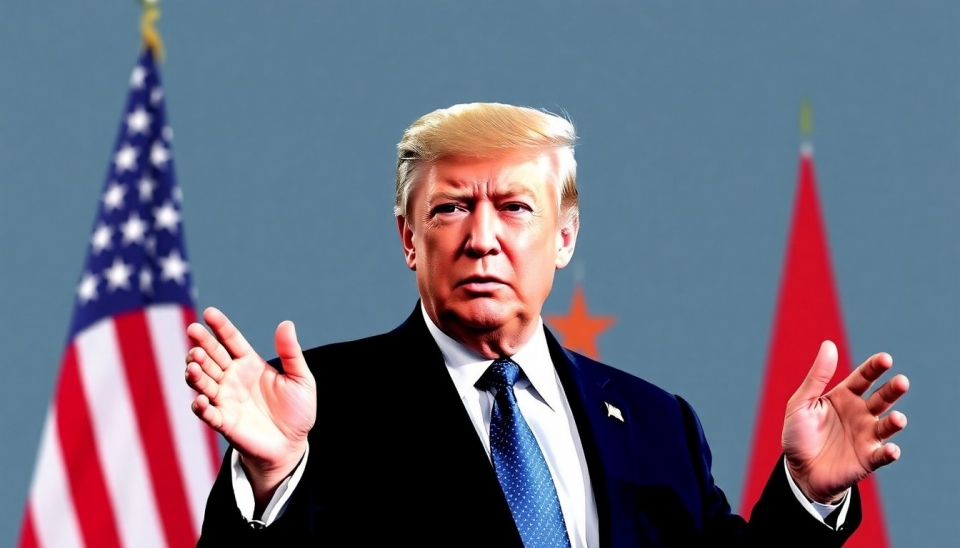
The ongoing tension between the United States and China is expected to escalate further as the U.S. prepares to review its commitments under the trade deal signed between former President Donald Trump and President Xi Jinping. This review comes at a crucial time as the two nations grapple with multiple challenges, including economic recovery post-pandemic and geopolitical conflicts in various regions.
In a recent announcement, members of President Joe Biden’s administration indicated that they would reevaluate the Phase One trade agreement, which was initially aimed at mitigating the trade war that had significant implications for both economies. The U.S. is considering the deal's effectiveness, as multiple factors have contributed to its lackluster implementation, leaving many key promises unfulfilled.
The U.S.-China trade deal, signed in January 2020, included commitments from China to purchase an additional $200 billion in U.S. goods over two years, alongside promises to strengthen intellectual property protections and enforce currency stability. However, as analysts have noted, China's compliance has been sporadic, and many industries remain hampered by tariffs and trade barriers imposed during the height of the trade war.
As the review unfolds, economic experts predict that the Biden administration might lean towards more stringent measures, potentially leading to heightened trade tensions. The latest statistics reveal that China has not met the purchasing targets as stipulated in the deal, prompting U.S. officials to deliberate on possible responses ranging from pulling back on the deal altogether to implementing new tariffs on Chinese imports.
In light of these ongoing tensions, both Xi Jinping and Donald Trump have been mentioned in the same breath, intensifying speculation regarding the future of U.S.-China relations. Trump, who has remained an influential figure within the Republican party, has criticized Biden's approach, arguing that any leniency towards China undermines American economic interests. As these political figures echo through public debates, the potential for increasing discord remains high.
Moreover, the geopolitical landscape is inherently complex, with various other issues influencing Sino-American relations, including Taiwan’s independence, the South China Sea, and human rights concerns in Xinjiang. The upcoming review of the trade deal could thus serve as a flashpoint for confrontation on these broader issues, making it crucial for the Biden administration to tread carefully as they navigate this precarious path.
As anticipation builds around the outcome of this review, both U.S. businesses and global market analysts will be watching closely. Any significant decisions made could reshape not just the bilateral relations but broader international economic frameworks, affecting trade partners and global supply chains alike.
In conclusion, the U.S. review of the China trade deal underscores the intricate web of economic and political dynamics at play. As tensions rise and expectations shift, both nations will have to reckon with the implications of their decisions in a world striving for stability and cooperation amidst competing interests.
#ChinaTradeDeal #USTradePolicy #XiJinping #DonaldTrump #EconomicTensions #GlobalTrade #BidenAdministration #Geopolitics #TradeWar #MarketAnalysis
Author: Emily Collins




